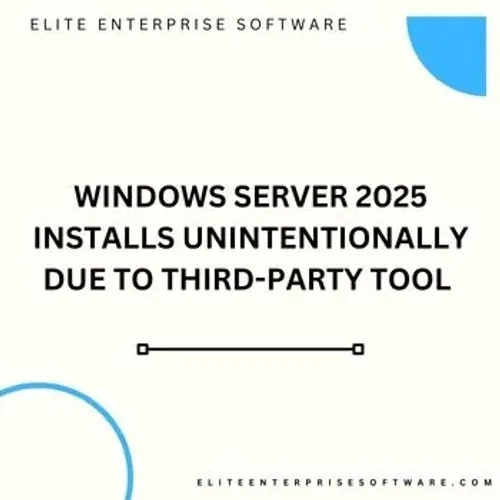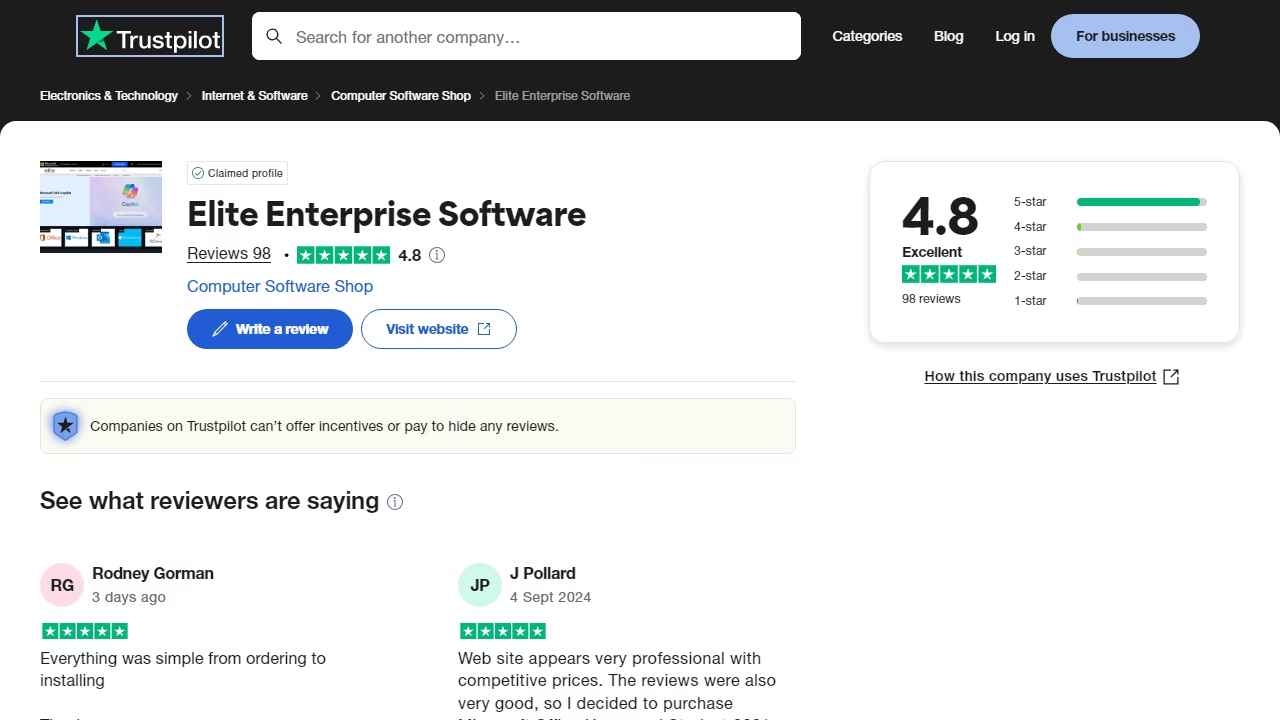Windows Server 2025 Installs Unintentionally Due to Third-Party Tool

Microsoft’s recent release of Windows Server 2025, now available as an optional upgrade, is causing unexpected issues for some users, especially those using Windows Server 2022. Reports indicate that, due to an error with Microsoft’s API, some Windows Server 2022 installations are automatically upgrading to Windows Server 2025 without the required licenses, leading to potential operational and licensing challenges.
This issue first came to light on November 5, when small businesses relying on third-party patch management tools noticed that their servers had been unexpectedly upgraded to Windows Server 2025. Unlike regular Windows Updates, Windows Server upgrades require separate licensing, so this unexpected jump to a newer version leaves affected servers unlicensed. One user reported the issue, stating, "All of our Windows 2022 Servers either upgraded to 2025 overnight or were on the verge of doing so. This was unexpected, as we’re not prepared and don’t have the necessary licensing."
At the core of the problem is Microsoft’s misclassification of the KB5044284 update in the Windows Update API. Originally released in October as a security update for Windows 11 24H2, KB5044284 mistakenly included an upgrade path to Windows Server 2025. Due to this mislabeling, third-party patch management tools, such as Heimdal, identified it as a critical security update and proceeded to install it on Windows Server 2022 systems.
Patch management provider Heimdal confirmed the issue and shared that they became aware of the problem on November 5 at 12:16 UTC. After investigation, they identified the API misclassification and blocked the KB5044284 update to prevent further unintended upgrades.
Companies affected by this unexpected upgrade now face the choice of either restoring servers from backups, rebuilding systems or purchasing the necessary licenses for Windows Server 2025. Other businesses using third-party tools that rely on the API could encounter similar issues, as the update may be recognized as an optional feature or installed automatically based on their update settings.

